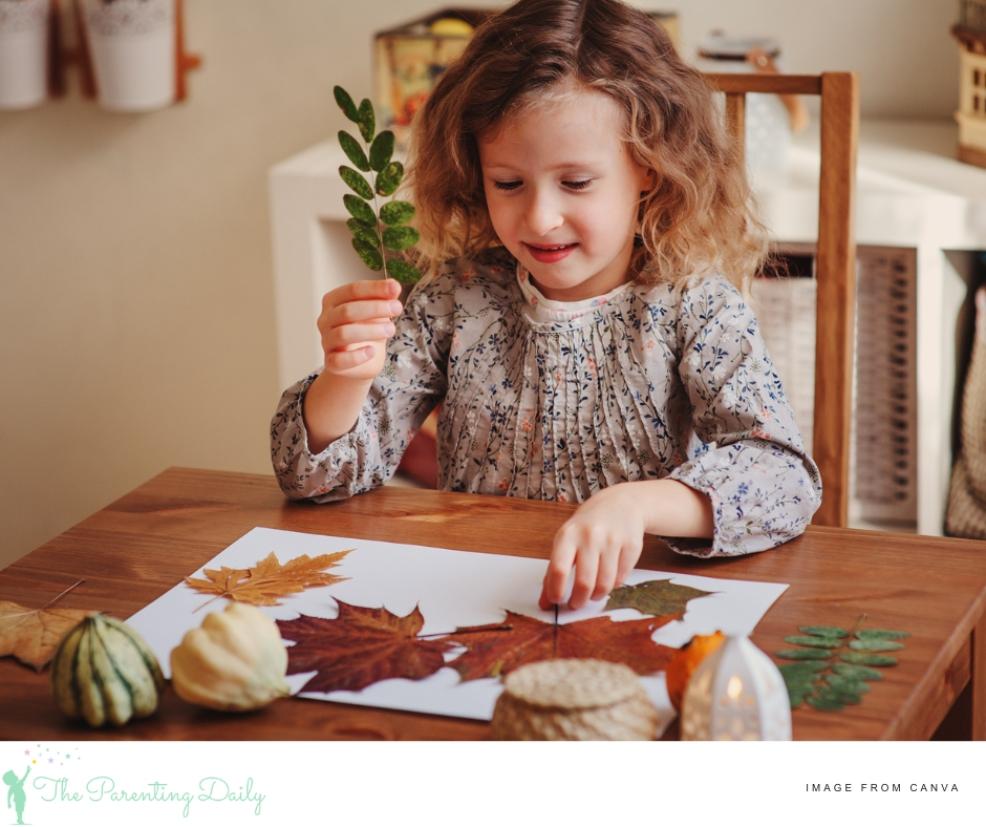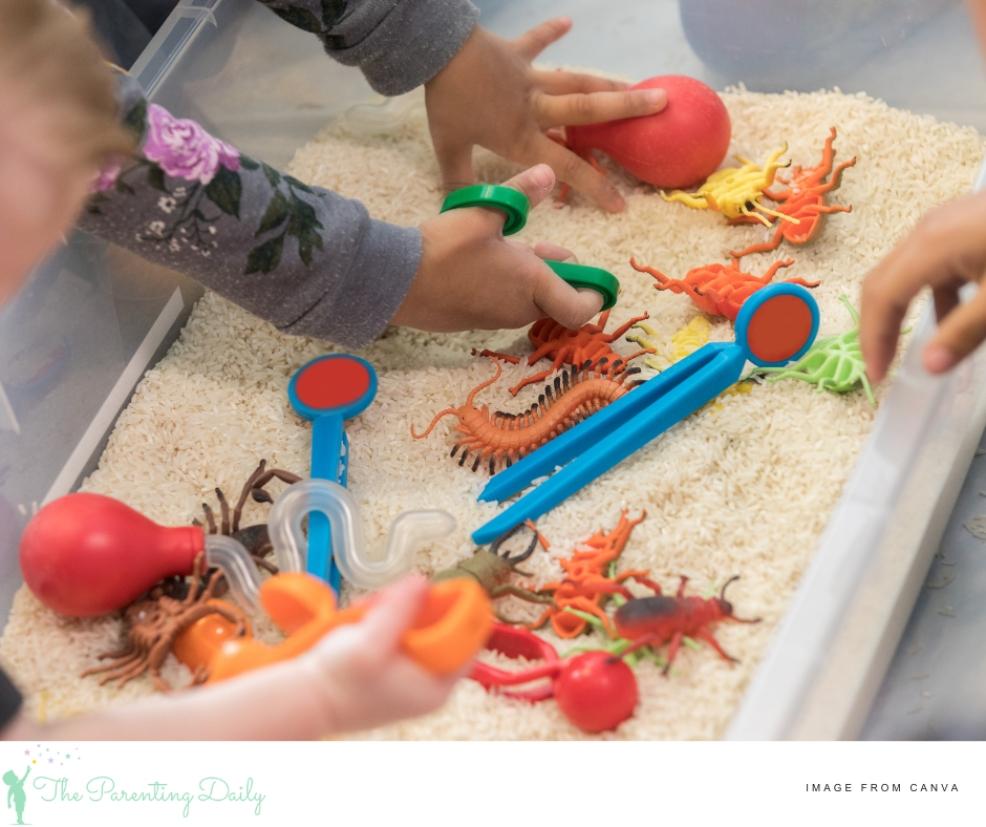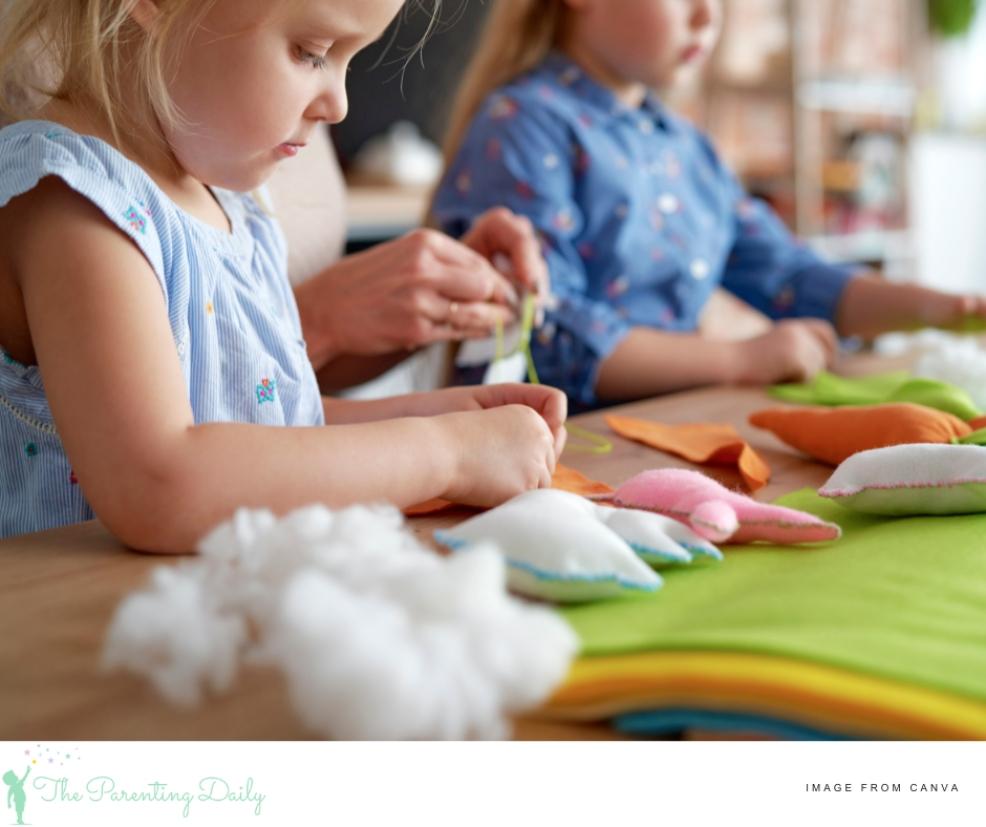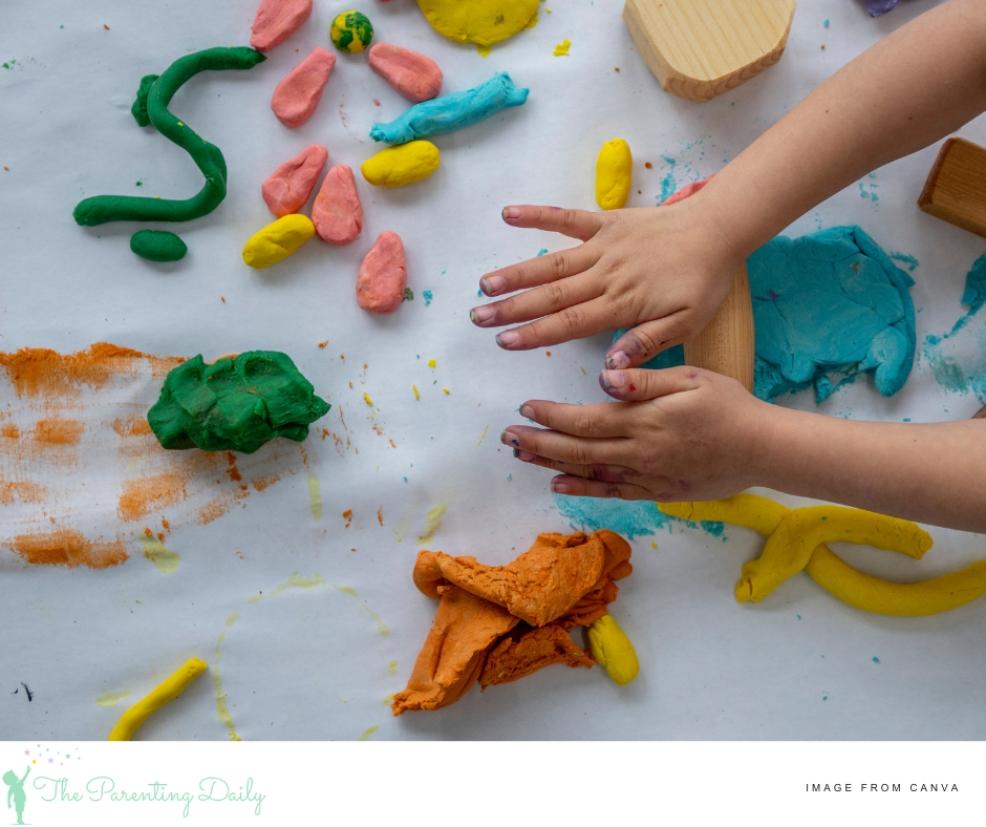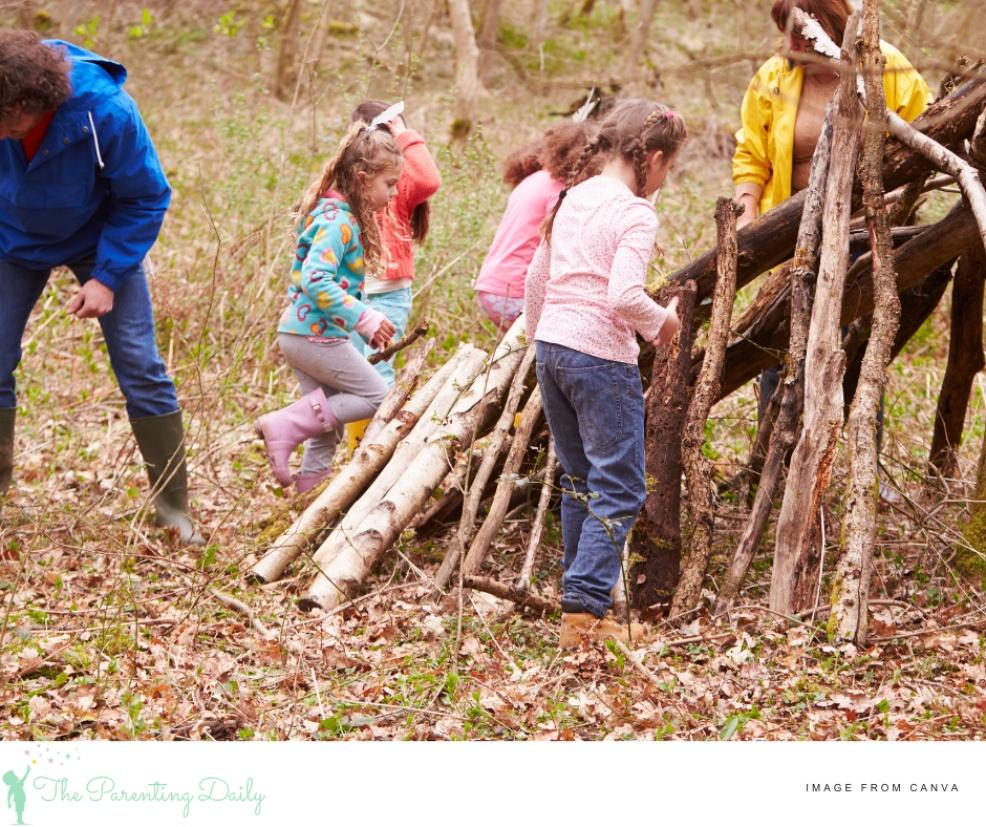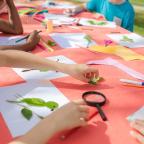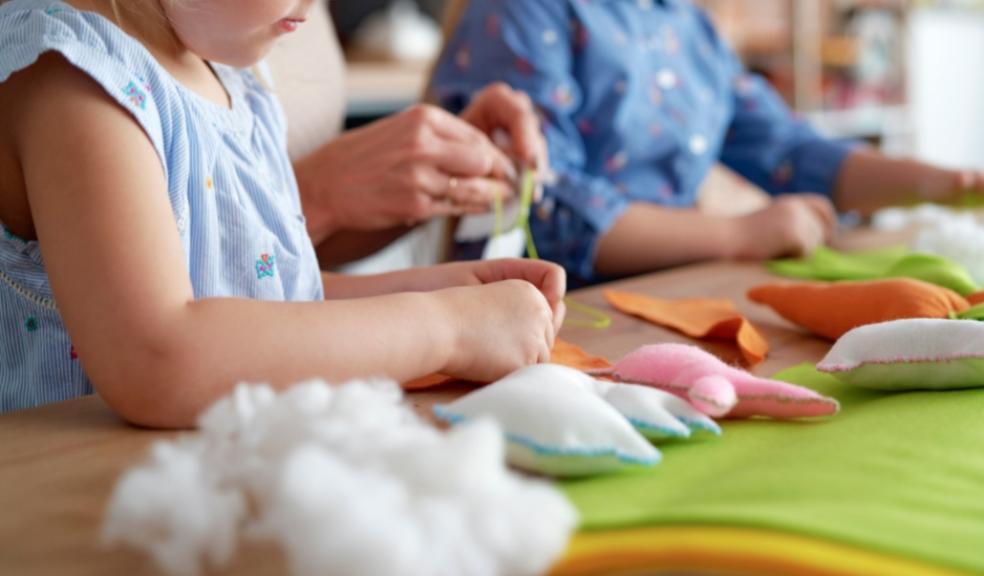
Creative Montessori-Inspired Crafts to Do with Your Preschooler at Home
Engaging your preschooler in creative activities at home is more than just a way to pass the time; it's a fantastic opportunity to support their development and deepen your bond. The Montessori method, known for its hands-on, self-directed learning approach, can seamlessly integrate into crafting sessions. This article will explore simple, fun, and educational Montessori-inspired crafts that you and your preschooler will enjoy.
What is Montessori Education?
Montessori education, pioneered by Dr. Maria Montessori, is centered around hands-on learning, self-directed activity, and collaborative play. This approach allows children to engage deeply with materials and concepts at their own pace, fostering lifelong learning and independent thinking.
The Montessori method emphasizes respect for a child's natural psychological development. It supports their innate desire to learn and the need for autonomy and competence. Traditional educational methods often overlook these needs, whereas Montessori addresses them by providing a structured yet flexible environment that encourages independent thought and activity.
How Crafts Fit into Montessori Education
Crafting in a Montessori framework is more than creating something beautiful; it's about the process. These activities help in developing fine motor skills, creativity, and independence.
Using natural and tactile materials helps children connect with their environment, promoting a sense of calm and concentration.
Crafts align with the Montessori philosophy by:
Encouraging Skill Development: Crafting involves fine motor movements, such as cutting, gluing, threading, and molding.
Promoting Creativity: While making crafts, children can explore their creative sides by choosing colors, shapes, and designs.
Fostering Independence: When children can choose their materials and projects, they learn to take initiative and make decisions independently.
Setting Up a Montessori-Inspired Craft Area
Creating an organized, inviting, and child-friendly craft space is key. Ensure materials are easily accessible to your preschooler. Shelves or baskets at a low level allow children to choose their materials, fostering independence and decision-making.
An ideal setup might include:
- Low Shelves: Display craft materials at a child's eye level to encourage them to choose and reach for items themselves.
- Open Storage Bins: Clear or labeled bins can help children quickly identify and retrieve materials.
- Child-Sized Furniture: Tables and chairs that are appropriately sized for preschoolers ensure comfort and accessibility.
Essential Materials to Have on Hand
Keep a variety of simple, natural materials available, such as:
- Wooden Beads: Great for threading and fine motor skills.
- Fabric Scraps: Perfect for collage, sewing, and texture exploration.
- Non-Toxic Paints: Safe for young children to use while exploring color and expression.
- Clay: Allows for three-dimensional creation and sensory play.
These materials stimulate sensory experiences and align with Montessori principles of using natural, real-world items.
Five Montessori-Inspired Craft Ideas
Craft 1 - Nature Collage
Steps:
- Go on a nature walk with your child to collect leaves, flowers, and other natural items.
- Provide a piece of cardboard or thick paper as the base.
- Using non-toxic glue, help your child arrange and stick the items onto the base to create a collage.
- Nature Exploration: Encourages observation and appreciation of the natural world.
- Texture Recognition: Enhances sensory experiences by feeling different textures.
- Creativity Enhancement: Fosters creativity through the arrangement and design process.
Craft 2 - DIY Sensory Bins
Steps:
- Fill bins or trays with sensory materials like rice, beads, or sand.
- Add scoops, small toys, or natural items like pine cones and stones.
- Allow your child to explore freely, using their hands and provided tools.
- Cognitive Development: Sensory play supports cognitive growth and understanding of different textures and materials.
- Sensory Exploration: Promotes sensory development and fine-tuning of sensory skills.
- Fine Motor Skills: Handling small objects improves hand-eye coordination and dexterity.
Craft 3 - Simple Sewing Projects
Steps:
- Offer child-safe sewing kits or large blunt needles with yarn.
- Start with simple projects like threading beads onto yarn.
- Progress to basic embroidery on fabric or felt.
- Hand-Eye Coordination: Sewing involves precise movements that improve coordination.
- Patience and Concentration: Crafting takes time and focus, as well as teaching patience.
- Fine Motor Skill Development: Enhances mastery and control over small movements.
Craft 4 - Homemade Playdough Shapes
Recipe:
- 1 cup flour
- 1/2 cup salt
- 2 tbsp cream of tartar
- 1 cup water
- 1 tbsp vegetable oil
- Food coloring (optional)
Steps:
- Mix all the ingredients in a saucepan and stir over medium heat until a dough forms.
- After allowing it to cool, knead the mixture until it becomes smooth.
- Provide cookie cutters or stamps for your child to create various shapes.
- Creativity: Provides an open-ended way for children to express their creativity.
- Fine Motor Skills: Molding and shaping the dough strengthens hand muscles.
Craft 5 - Building with Natural Materials
Steps:
- Collect sticks, stones, and leaves from your backyard or a park.
- Encourage your child to use these materials to build structures or create art.
- Offer loose guidance but allow them the freedom to explore their designs.
- Problem-Solving: Building involves planning and problem-solving skills.
- Creative Thinking: Encourages the use of imagination to create unique structures.
- Connection with Nature: Promotes an appreciation for and connection to natural materials.
Tips for Encouraging Your Preschooler's Creativity
Foster Independence
Encourage your preschooler to choose their projects and materials. This fosters a sense of ownership and independence. Provide guidance when necessary but allow them the freedom to explore and create.
Focus on the Process, Not the Product
Emphasize the importance of valuing efforts over results. Encourage your child to experiment, explore, and enjoy the process of creating. This helps build confidence and a love for learning.
Conclusion
Integrating Montessori-inspired crafts into your child's routine is a beautiful way to support their overall development. These activities enhance their creativity and fine motor skills and strengthen their bond as they explore and learn. Share your experiences and craft ideas in the comments or on social media—we'd love to see what you and your preschooler create!
Author bio
Andrea Gibbs is the Content Manager at SpringHive Web Agency, where she helps create content for their clients' blogs and websites. She is currently a blog contributor at Montessori Academy, a blog dedicated to helping parents with the ins and outs of parenting children within the Montessori tradition. When she isn't writing, she enjoys spending time with her family and her dog.

